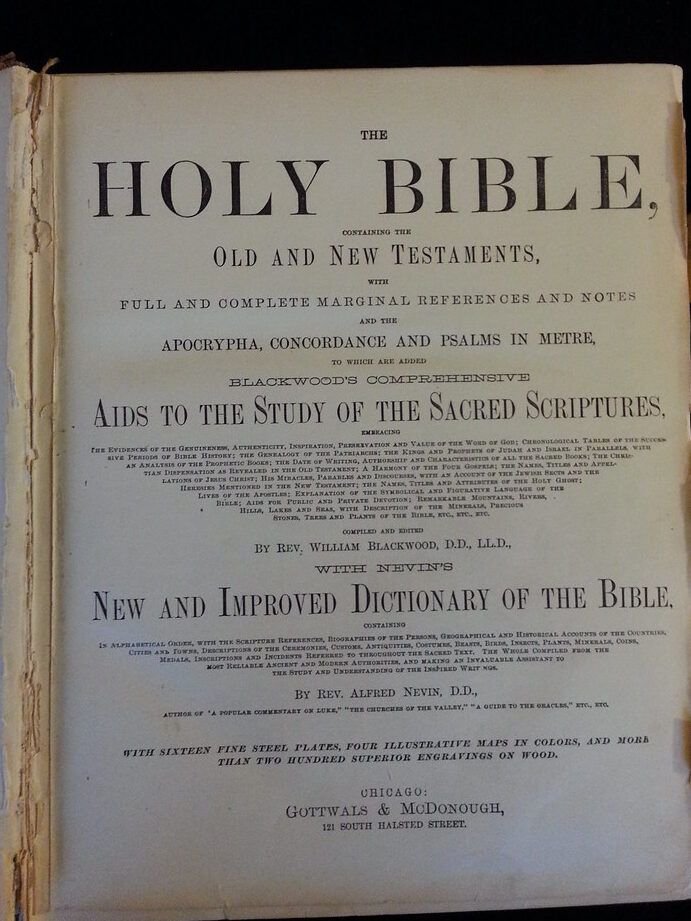What the Bible's Bible tells us: The Bible's Bible, also known as the Apocrypha, is a collection of books that were not included in the Protestant Bible but are considered canonical by the Catholic and Orthodox churches. These books provide valuable insights into the history and beliefs of early Christianity.
Bible: The law of attaction
Biblia: La ley de la atracción
The Bible is the most important text in Christianity, serving as the foundation for the faith and guiding the beliefs and practices of millions of people around the world. However, there are many hidden truths in the Bible that are not immediately apparent to readers. The Bible's Bible, a collection of books that were not included in the Protestant Bible, provides valuable insights into these hidden truths.
What is the Bible’s Bible?
The Bible's Bible, also known as the Apocrypha, is a collection of books that were written during the same time period as the books of the Old and New Testaments but were not included in the Protestant Bible. These books were considered canonical by the Catholic and Orthodox churches and provide valuable insights into the history and beliefs of early Christianity.
The historical background and significance of the Bible's Bible is complex and varies depending on the denomination. However, it is generally agreed that these books were written during the intertestamental period, between the Old and New Testaments, and provide important context for understanding the development of Jewish and Christian beliefs during this time.
Hidden Truths in the Bible’s Bible
The Bible's Bible reveals many hidden truths that are not immediately apparent in the Protestant Bible. For example, the book of Tobit provides a detailed account of the importance of prayer and the role of angels in answering prayers. The book of Judith tells the story of a brave woman who saves her people from destruction by using her intelligence and cunning. These stories provide valuable insights into the beliefs and practices of early Christianity.
Interpretation of the Hidden Truths
The hidden truths in the Bible's Bible have been interpreted in many different ways by scholars and theologians. Some interpret these books as providing historical context for the development of Christianity, while others see them as providing valuable insights into the beliefs and practices of early Christians. These interpretations have a significant impact on Christian beliefs and practices, particularly in the Catholic and Orthodox churches.
Application of the Hidden Truths
The hidden truths in the Bible's Bible can be applied in many practical ways in daily life. For example, the book of Sirach provides valuable advice on how to live a virtuous life, while the book of Wisdom encourages readers to seek wisdom and understanding. These hidden truths have also had a significant impact on individuals and communities throughout history, inspiring acts of bravery, compassion, and selflessness.
Important Points:
- The Bible's Bible is a collection of books that were not included in the Protestant Bible but are considered canonical by the Catholic and Orthodox churches.
- The Bible's Bible provides valuable insights into the history and beliefs of early Christianity.
- The hidden truths in the Bible's Bible have been interpreted in many different ways by scholars and theologians.
- The hidden truths in the Bible's Bible can be applied in many practical ways in daily life.
The Bible's Bible is a valuable resource for understanding the hidden truths in the Bible and the beliefs and practices of early Christianity. By exploring these books and interpreting their hidden truths, readers can gain a deeper understanding of the faith and apply these insights in practical ways in their daily lives.
So, take the time to explore the Bible's Bible and discover its hidden truths for yourself.
Bible GatewayBible Study Tools
Bible: The law of attaction
Biblia: La ley de la atracción
 Discovering the Location of Eden in the Bible: A Fascinating Journey
Discovering the Location of Eden in the Bible: A Fascinating Journey Discovering the Location of the 10 Commandments in Deuteronomy: A Biblical Search
Discovering the Location of the 10 Commandments in Deuteronomy: A Biblical SearchSi quieres conocer otros artículos parecidos a Discovering the Hidden Truths: What the Bible's Bible Reveals puedes visitar la categoría Entertainment and Miscellaneous.


Leave a Reply